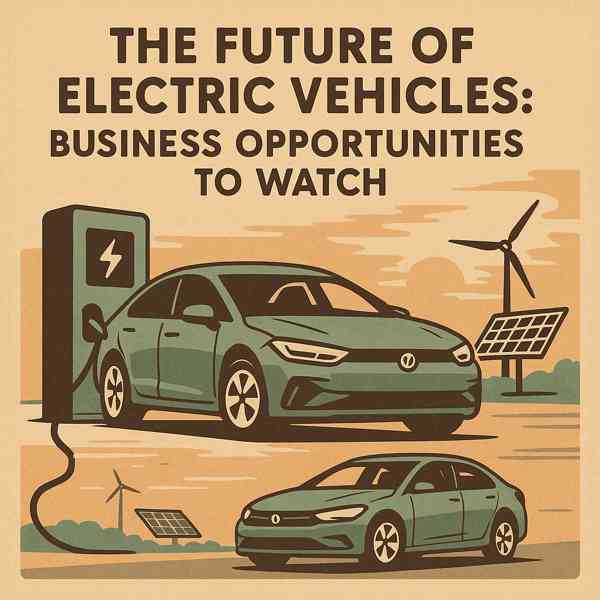
As the world shifts toward sustainability, electric vehicles offer a cleaner solution to our mobility needs.
From compact cars and SUVs to trucks and motorcycles, EVs are available in more models than ever.
Understanding EVs
Unlike gasoline-powered cars, EVs produce no exhaust pollution.
Key components of EVs include:
- Electric motor
- Battery pack
- Controls efficiency and output
- Connects to home or public chargers
Electric vehicles come in various types, such as hybrid electric vehicles (HEVs)—each with different levels of electrification.
Why Choose an EV?
Whether you're looking to save money or reduce emissions, EVs offer a compelling option.
Why EVs are gaining popularity:
- Lower operating costs
- Helps fight climate change
- Less noise and vibration
- Government incentives and tax credits
For eco-conscious and cost-aware drivers, electric vehicles are an increasingly smart choice.
What to Know Before Buying an EV
Despite the growing popularity of EVs, they still face some barriers that buyers should consider.
Common concerns include:
- May require more frequent charging
- Not all areas have adequate public chargers
- Higher initial cost
- Replacement can be costly without warranty
As technology advances and infrastructure improves, many of these challenges are becoming easier to manage.
Types of Electric Vehicles
EVs vary by power source, range, and usage.
Categories of electric vehicles:
- Run only on electricity
- Electric motor with backup gasoline engine
- Hybrid Electric Vehicles (HEVs)
- Use hydrogen to generate electricity
Each type has its pros and cons, so buyers should evaluate their needs.
How to Charge Your EV
There are multiple charging levels and methods depending on your vehicle type.
How EVs get recharged:
- Level 1 Charging
- 240V outlet at home or public stations
- Can charge 80% in under an hour
- Wireless or inductive charging (emerging tech)
As electric vehicle public charging networks expand, EV owners will enjoy even more accessibility and peace of mind.
The Future of Electric Vehicles
As governments push for cleaner energy and manufacturers invest in innovation, the future of EVs looks revolutionary.
Trends shaping the future include:
- Solid-state battery technology
- Using EVs to support the power grid
- The future of hands-free travel
- Expansion of affordable EV models
As innovation continues, EVs will become more mainstream and essential.
Final Thoughts on Electric Vehicles
With growing demand and continuous improvement, EVs are becoming a realistic option for more drivers every day.
From environmental benefits to cutting-edge tech, electric vehicles offer a powerful alternative to traditional cars.